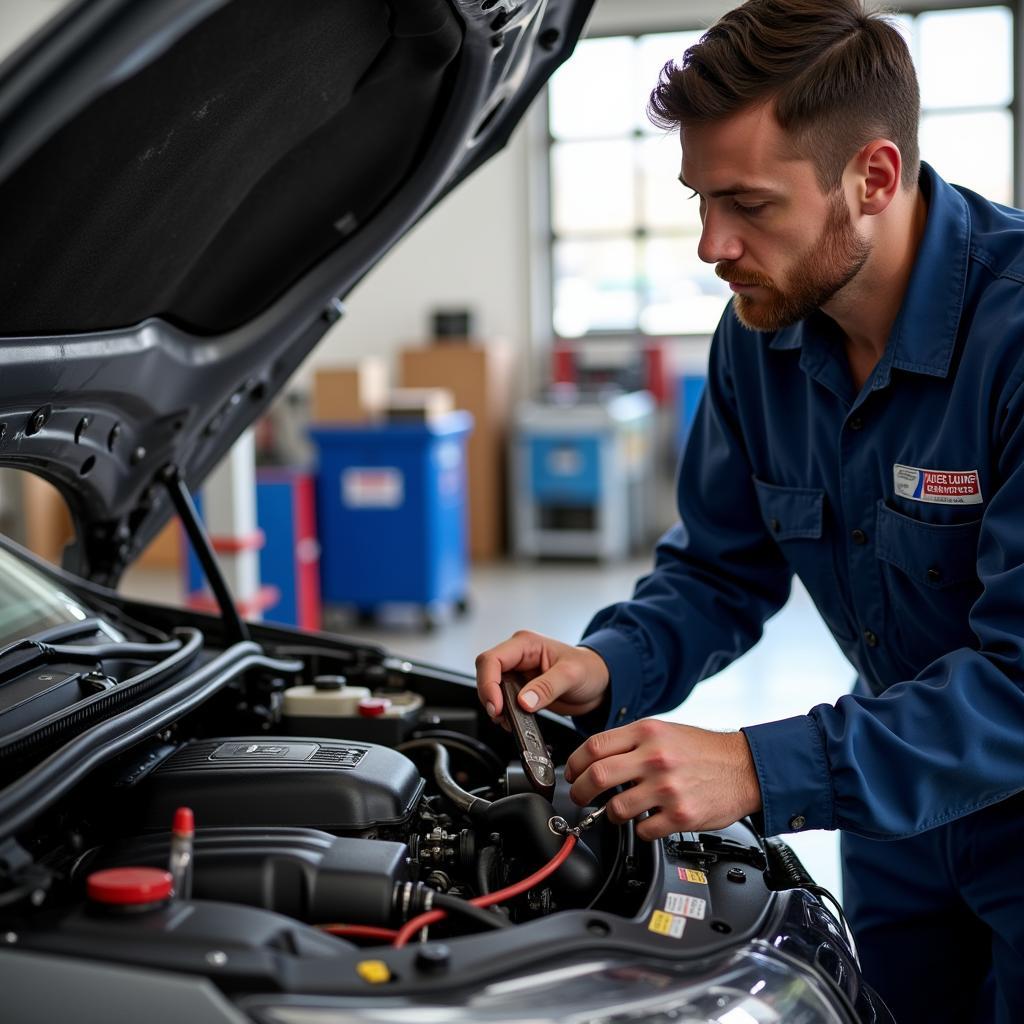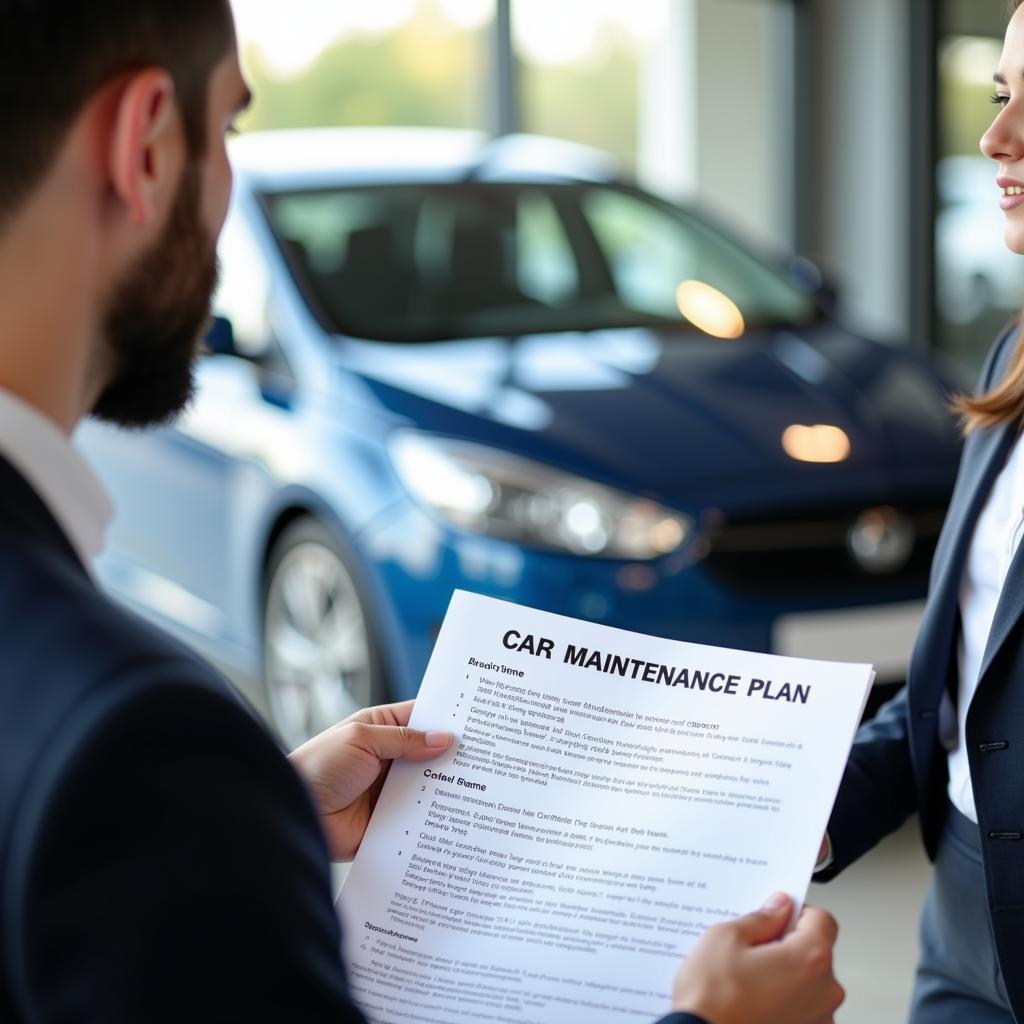Owning a car is a significant investment, and understanding the associated costs is crucial for responsible budgeting. This involves more than just the initial purchase price. You’ll face regular expenses like fuel, maintenance, repairs, insurance, and taxes. The “cost of owning a car” can be a complex equation, and we’ll break it down into a straightforward algebra problem for you to solve.
Breaking Down the Equation:
The “cost of owning a car” problem involves many variables. Let’s analyze them to understand the equation better.
1. Purchase Price
This is the initial investment, including any taxes, fees, and financing charges. It’s the starting point for your car ownership journey.
2. Depreciation
Cars lose value over time. This depreciation rate varies depending on the make, model, year, and mileage. It’s a significant factor in the overall cost, as you’ll lose money on your investment even with proper care.
3. Fuel Costs
Fuel is a significant expense, especially with rising gas prices. This cost depends on your driving habits, vehicle fuel efficiency, and local gas prices.
4. Insurance
Car insurance is mandatory in most places. Premiums vary based on factors like age, driving record, car value, and location.
5. Maintenance and Repairs
Routine maintenance, like oil changes, tire rotations, and brake inspections, is essential to keep your car running smoothly. Unexpected repairs can be expensive, so it’s crucial to plan for them.
6. Taxes and Fees
Car ownership can involve various taxes, including sales tax, registration fees, and annual inspection fees.
The Formula:
Here’s a simple formula to calculate the cost of owning a car:
Cost of Owning a Car = Purchase Price + Depreciation + Fuel Costs + Insurance + Maintenance & Repairs + Taxes & Fees How to Minimize the Cost:
Now that you understand the formula, you can start to minimize your costs by focusing on specific areas.
1. Purchase Price
- Consider used cars: Used cars offer significant savings compared to new ones, especially if you buy from a reputable dealer.
- Research different models: Compare fuel efficiency, reliability, and maintenance costs across different models and brands.
- Negotiate the price: Don’t be afraid to negotiate the purchase price to get the best deal.
2. Fuel Costs
- Drive efficiently: Drive at a steady speed, avoid aggressive acceleration, and ensure your tires are properly inflated to maximize fuel economy.
- Combine errands: Plan your trips to minimize unnecessary driving.
- Consider alternative transportation: If your commute is short or you have public transport options, consider using them to save on fuel.
3. Insurance
- Shop around: Compare quotes from different insurance companies to find the best rates.
- Maintain a good driving record: A clean driving record can help you qualify for lower premiums.
- Take advantage of discounts: Ask about discounts for good students, safe drivers, or multiple vehicles insured.
4. Maintenance and Repairs
- Follow the manufacturer’s recommended maintenance schedule: Regular oil changes, tire rotations, and other recommended services can help prevent costly repairs.
- Keep an eye on warning lights: Don’t ignore warning lights on your dashboard. Address any issues early to prevent them from escalating.
- Find a trusted mechanic: Build a relationship with a reputable mechanic who can provide honest and affordable services.
5. Taxes and Fees
- Research your local regulations: Familiarize yourself with the taxes and fees applicable in your area.
- Shop around for registration: Some states offer online registration options that might be more convenient or affordable.
“Knowing and understanding the factors that affect the cost of owning a car is crucial for making informed decisions,” says John Smith, a seasoned automotive expert. “By taking steps to minimize these costs, you can save a significant amount of money over time.”**
Conclusion:
The cost of owning a car is a complex calculation that includes various expenses. By understanding the formula, you can strategically minimize these costs. Remember, owning a car should be a wise financial decision, not a drain on your resources.
Contact us today to learn more about car ownership costs and find ways to save money!
AutoTipPro
+1 (641) 206-8880
500 N St Mary’s St, San Antonio, TX 78205, United States
FAQ:
1. Is it cheaper to buy a new or used car?
Generally, used cars are more affordable than new cars. However, it’s essential to consider the age, condition, and maintenance history of the used car.
2. How often should I service my car?
Following the manufacturer’s recommended maintenance schedule is crucial for preventing costly repairs.
3. How can I lower my car insurance premiums?
Shop around for quotes, maintain a clean driving record, and take advantage of discounts.
4. What are the common car ownership taxes and fees?
Taxes and fees vary depending on your location, but common examples include sales tax, registration fees, and annual inspection fees.
5. Are there any alternative options to owning a car?
Yes, car-sharing services, public transportation, and biking can be viable alternatives to owning a car, especially if you don’t drive frequently.







Leave a Reply